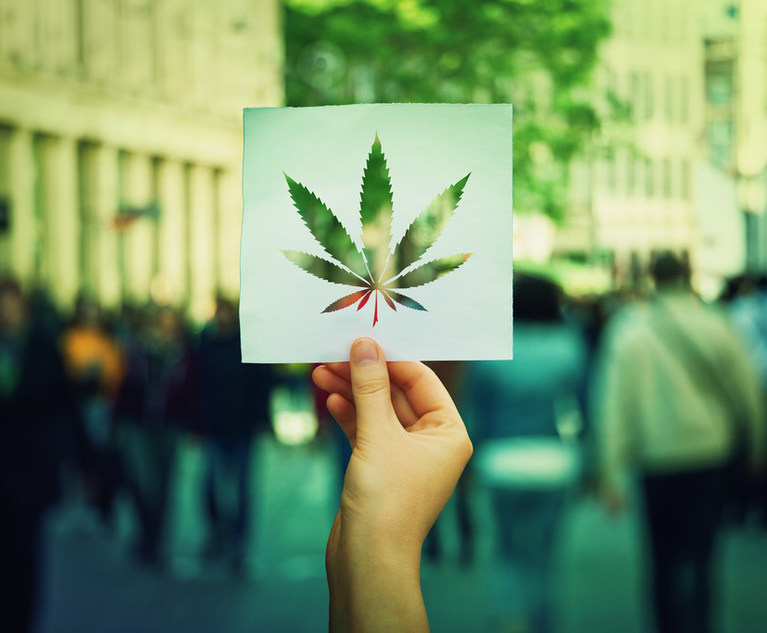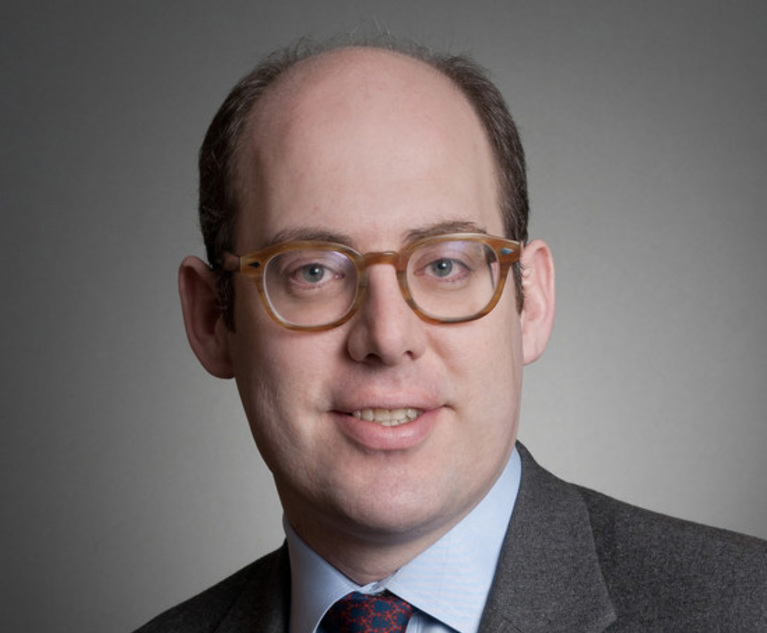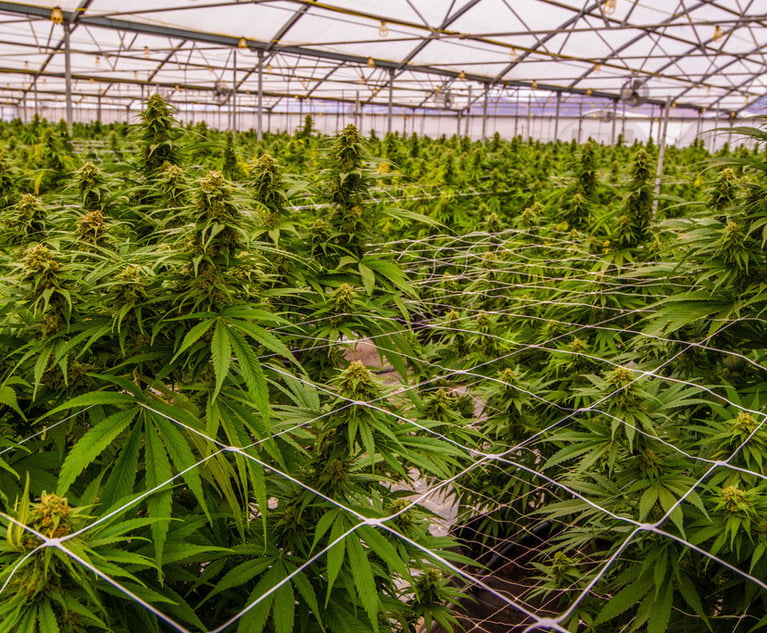 Continued criminal enforcement in the New York cannabis market is a virtual certainty. There will be strong financial incentives built into the legal cannabis market to divert product to the illegal market; for some market participants, that potential gain will outweigh the risk of getting caught. Cannabis companies knowingly engaged in such diversion could face prosecution not only under state law, but also federal law, including both existing statutes and major proposed reform bills. To see how criminal anti-diversion enforcement is likely to play out in their market, cannabis companies need only look to similar, highly regulated markets, such as the pharmaceutical and tobacco industries. Authorities have brought criminal charges against companies, owners and employees that have knowingly failed to live up to their compliance obligations. With that experience as a guide, there are a number of compliance steps that cannabis companies can take now to minimize the chances of unlawful diversion from their companies.
Continued criminal enforcement in the New York cannabis market is a virtual certainty. There will be strong financial incentives built into the legal cannabis market to divert product to the illegal market; for some market participants, that potential gain will outweigh the risk of getting caught. Cannabis companies knowingly engaged in such diversion could face prosecution not only under state law, but also federal law, including both existing statutes and major proposed reform bills. To see how criminal anti-diversion enforcement is likely to play out in their market, cannabis companies need only look to similar, highly regulated markets, such as the pharmaceutical and tobacco industries. Authorities have brought criminal charges against companies, owners and employees that have knowingly failed to live up to their compliance obligations. With that experience as a guide, there are a number of compliance steps that cannabis companies can take now to minimize the chances of unlawful diversion from their companies.
Incentives for Diversion in the New York Cannabis Market
Once the legal cannabis market is operating in New York, the illicit market still is expected to continue functioning for years, with prices well below the legal market. See Will Yakowicz, “Why New York Legalizing Recreational Cannabis Won’t Kill the Illicit Market,” Forbes.com (March 19, 2021); “Assessment of the Potential Impact of Regulated Marijuana in New York State,” N.Y. Dep’t of Health (July 2018) (DOH Assessment), at 16-21. This price disparity is explained, at least in part, by taxes and regulatory costs. See id. New York has imposed substantial taxes on cannabis, and taxes will increase if cannabis is federally legalized. There are also significant regulatory costs in the legal market. For example, New York imposes strict requirements for testing and packaging of cannabis. Marijuana Regulation and Taxation Act (MRTA) §§81-82. These taxes and regulatory costs ultimately increase the prices that consumers pay. The illicit market has no such taxes or regulation to drive up prices, so participants in the illegal market can undercut the price of cannabis in the legal market.






